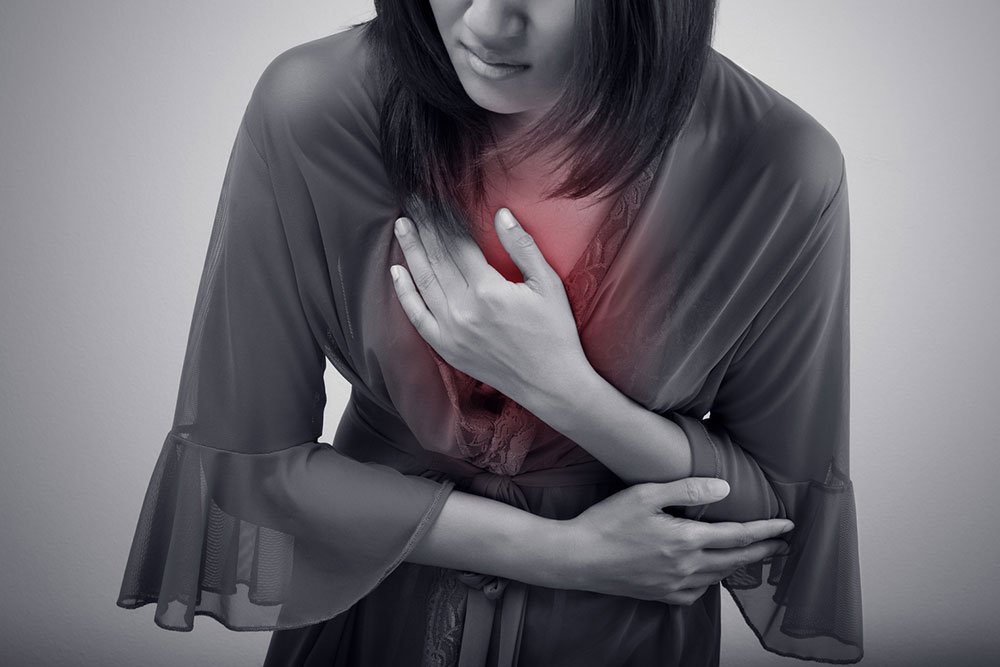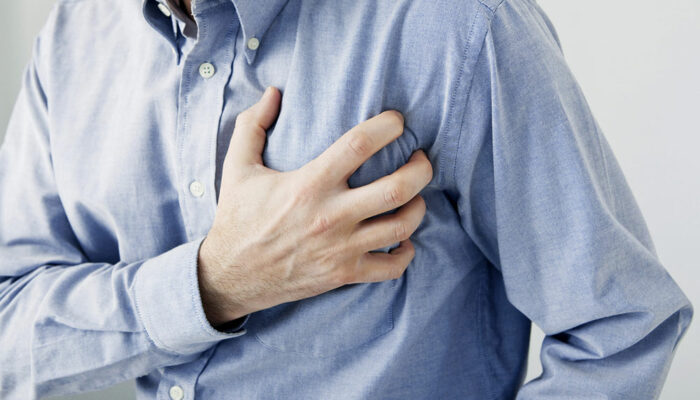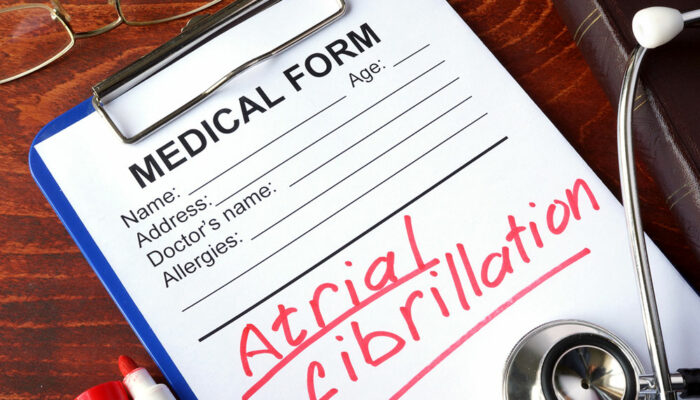
Causes and diagnosis of heartburn
When one swallows food, it travels via esophagus, which leads to the stomach through a sheet of muscle known as the diaphragm. There is a small muscle at the end of the esophagus that works as a valve, allowing food to pass into the stomach. Once in the stomach, certain digestive cells called the protons then release digestive acids to help digest and absorb food. The special lining of the stomach protects it from the acid but the esophagus has a thin lining which can easily be damaged by the digestive acid. While it is normal for a small amount of acid to occasionally splash into the esophagus, sometimes, the valve becomes weak and does not close properly resulting in an increased influx of stomach acids into the esophagus. This is known as reflux. A small amount of reflux does not cause any harm in most cases but if the acid splashes over and over again the esophagus can be damaged. This then results in the sensation of heartburn — a painful, burning feeling in the chest or stomach.
Symptoms of heartburn:
- Acidic or bitter taste in the mouth
- Pain worsens when you bend over or lie down.
- Burning pain in the chest that is usually caused during the night or after having food.
Risk factors of heartburn:
Mentioned below are the food and drinks you need to keep at bay if you suffer from heartburn.
- Excessively rich or fatty meals
- Chocolate
- Peppermint
- Fried foods
- Citrus products
- Tomato ketchup or tomato products
- Onions
- Spicy foods
- Alcohol, coffee, carbonated beverages, and caffeinated beverages.
What happens if heartburn is left untreated?
Heartburn is also known as gastroesophageal reflux disease (GERD) when it happens more frequently and interferes with your routine. GERD is a situation wherein the patients may require medication or are even recommended surgery in some cases. GERD can heavily damage your esophagus and can also have deadly effects such as precancerous stages called Barrett’s esophagus.
When is the right time to see a doctor?
You should see the doctor as soon as you experience severe heartburn or pressure especially when it occurs combined with other symptoms like chest pain, difficulty breathing, pain in the jaw or arm. Severe chest pain can also be a sign of a heart attack or cardiac arrest.
Make an appointment with your physician if:
- You have difficulty eating or sudden weight loss due to poor appetite.
- You have a sensation of continual nausea.
- You have difficulty swallowing.
- You have persistent symptoms despite the use of over-the-counter medications
- You have the sensation of heartburn more than twice a week.
Diagnosis of heartburn:
Your doctor may recommend the following methods to accurately diagnose a case of heartburn:
- X-ray: It is taken generally to check the shape of the esophagus and stomach.
- Endoscopy: A small tissue sample is collected for analyzing any abnormalities in your esophagus.
- Ambulatory acid probe tests: An acid monitor is placed inside your esophagus that is connected to a small computer you have to wear around your waist. This identifies how and for how long the acid backs up into your esophagus.




